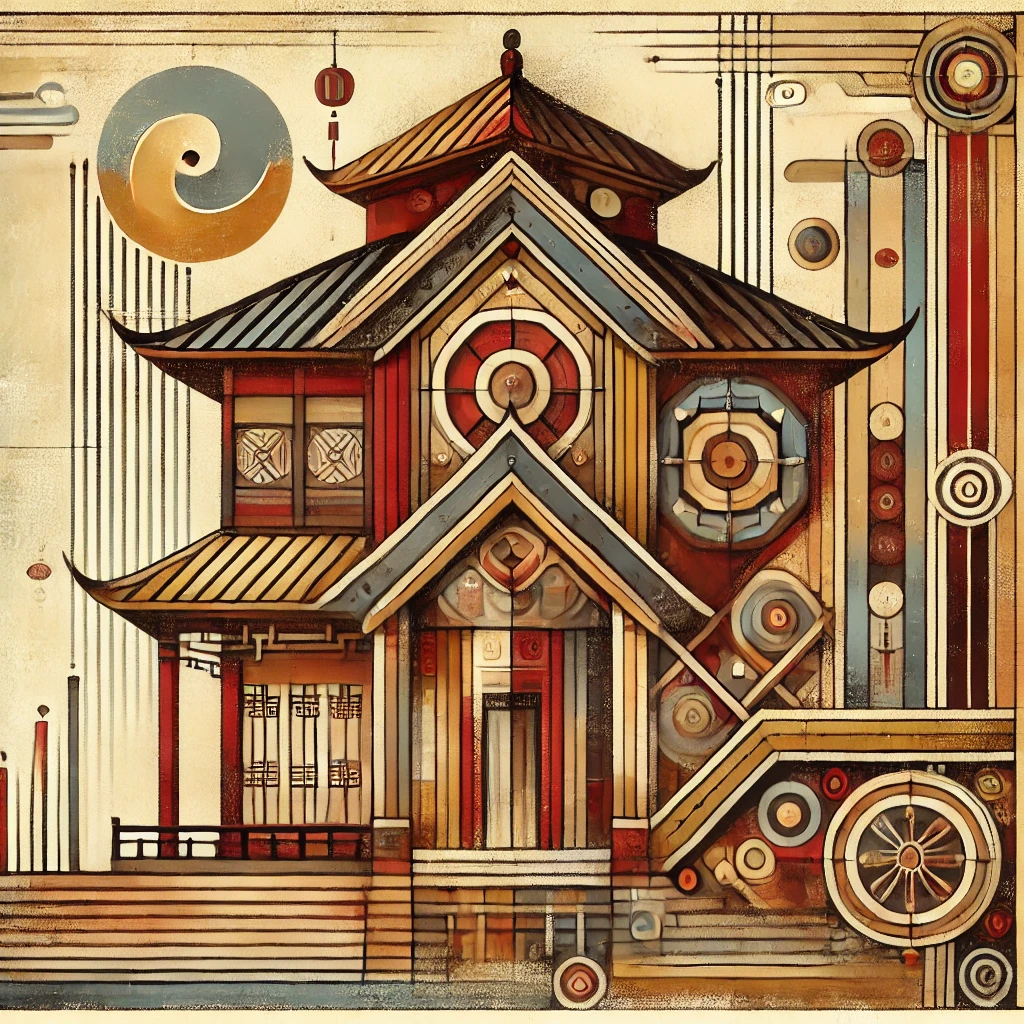Confucius
Birth Date: 551 BC
Death Date: 479 BC
Place of Birth: Lu State (now Qufu, Shandong, China)
Place of Death: Lu State (now Qufu, Shandong, China)
Century: 6th BC
Region: Ancient China
"It does not matter how slowly you go as long as you do not stop."
Confucius was born in the state of Lu in ancient China during a time of political instability. He believed that people could live virtuous lives by following moral principles, respecting their elders, and fulfilling their roles in society. His teachings were collected into the Analects, a series of sayings and ideas compiled by his followers.
Confucius believed that living a good life means following moral values and showing respect to others, especially family. He thought that by being kind, respectful, and learning continuously, we can create a peaceful society where everyone thrives.
The Analects: A collection of sayings and ideas attributed to Confucius, compiled by his disciples. The Analects focus on morality, proper conduct, and the role of individuals in society, highlighting Confucius' key teachings on ethics and leadership.
Confucius was influenced by earlier Chinese traditions and ideas, including those of the Zhou Dynasty. He admired the ancient rites and sought to restore moral integrity to society by teaching about proper relationships and virtuous conduct.
Confucianism has profoundly influenced Chinese, Korean, Japanese, and Vietnamese cultures. His ideas on education, governance, and morality have shaped the social and political systems of these nations for centuries.
Some have criticized Confucius for being too focused on social hierarchy and tradition, which could lead to the oppression of lower classes. However, his defenders argue that his teachings promote harmony and respect for all individuals, regardless of status.
Legalists: Confucius’ ideas were challenged by the Legalists, who believed that strict laws and harsh punishments were more effective at maintaining order than moral education.
Confucius’ teachings remain highly influential, especially in East Asia, where his emphasis on family values, education, and respect continues to shape modern society. Confucian ideals have also influenced global discussions on ethics and governance.
Despite his later fame, Confucius spent much of his life traveling from state to state in China, trying to find rulers who would implement his ideas. Although he was never fully successful in his lifetime, his philosophy became one of the pillars of Chinese civilization after his death.




